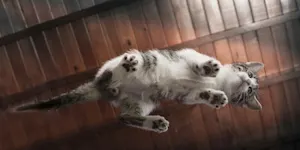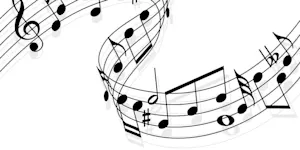What Makes This Word Tick
"Dwindle" is one of those words that paints a vivid picture of something gradually getting smaller or less. It's dynamic—a bit like watching a candle flicker out or seeing your favorite iced tea slowly disappearing on a hot summer day.
If Dwindle Were a Person…
If dwindle were a person, you'd likely find them fading into the background at a lively party. They'd be the one gradually sneaking out without saying goodbye, leaving only their ghostly presence behind.
How This Word Has Changed Over Time
"Dwindle" has kept a pretty steady job over the centuries, originating in the late Middle Ages. Early on, it came from a blend of Old English and Middle Low German roots, consistently meaning to diminish or waste away. It's a timeless testament to slow and steady decline.
Old Sayings and Proverbs That Use Dwindle
While not a common feature in traditional proverbs, the sentiment of dwindling finds kinship in sayings like "penny wise, pound foolish," which implies a slow drain of resources due to poor judgement.
Surprising Facts About Dwindle
"Dwindle" was a favorite of William Shakespeare, who used it in "Henry IV, Part 1". He employed the word to convey the sense of something fading over time, showing his knack for using the perfect word for every situation—even a scene of decline.
Out and About With This Word
You'll see "dwindle" pop up in bookstores and libraries, particularly in titles hinting at shrinking budgets or dwindling supplies. It's also a favorite in economic discussions, where markets and fortunes sometimes dwindle all too quickly.
Pop Culture Moments Where Dwindle Was Used
"Dwindle" doesn't headline pop songs or blockbusters, but it's the go-to word for narrations and serious films depicting decline—be it public attention, resources, or a character’s health.
The Word in Literature
This word would feel at home in classic literature, where financial or moral fortunes often dwindle throughout the narrative. Think of Dickens or Austen, where characters frequently face the consequences of dwindling wealth or social standing.
Moments in History with Dwindle
Imagine the Great Depression, where fortunes dwindled for many almost overnight. The word perfectly captures the relentless passage of time against a backdrop of receding economic resources and hope.
This Word Around the World
In French, the word "dwindle" might be translated to "diminuer," reflecting a similar sense of gradual reduction. Different languages carry this idea uniquely, but the essence remains universally understood—a slow decrease that gently, yet inevitably, depletes.
Where Does It Come From?
The etymology of "dwindle" stems from the Old English "dwine," meaning to waste away or fade, combined with the Middle Low German "dwindeln." It conjures images of slow yet inevitable decline, much like the wear and tear of time itself.
How People Misuse This Word
People sometimes incorrectly use "dwindle" to signify a quick decrease, but its power lies in its slow and gradual nature. It's not for quick drops, but for describing a fading, almost imperceptibly, over time.
Words It’s Often Confused With
Diminish: While similar in meaning, "diminish" can suggest both gradual and rapid decrease.
Decrease: Often used for numeric or quantifiable reductions, whereas "dwindle" is more nuanced.
Fade: More used for color or memory subtle shifts, although conceptually linked.
Additional Synonyms and Antonyms
Synonyms for "dwindle" include "wane," "shrivel," and "abate." Antonyms would be "increase," "grow," and "expand," all suggesting the opposite journey—one of accumulation rather than diminution.
Want to Try It Out in a Sentence?
"As the evening wore on, the crowd began to dwindle, leaving just a handful of dedicated dancers on the floor."
















